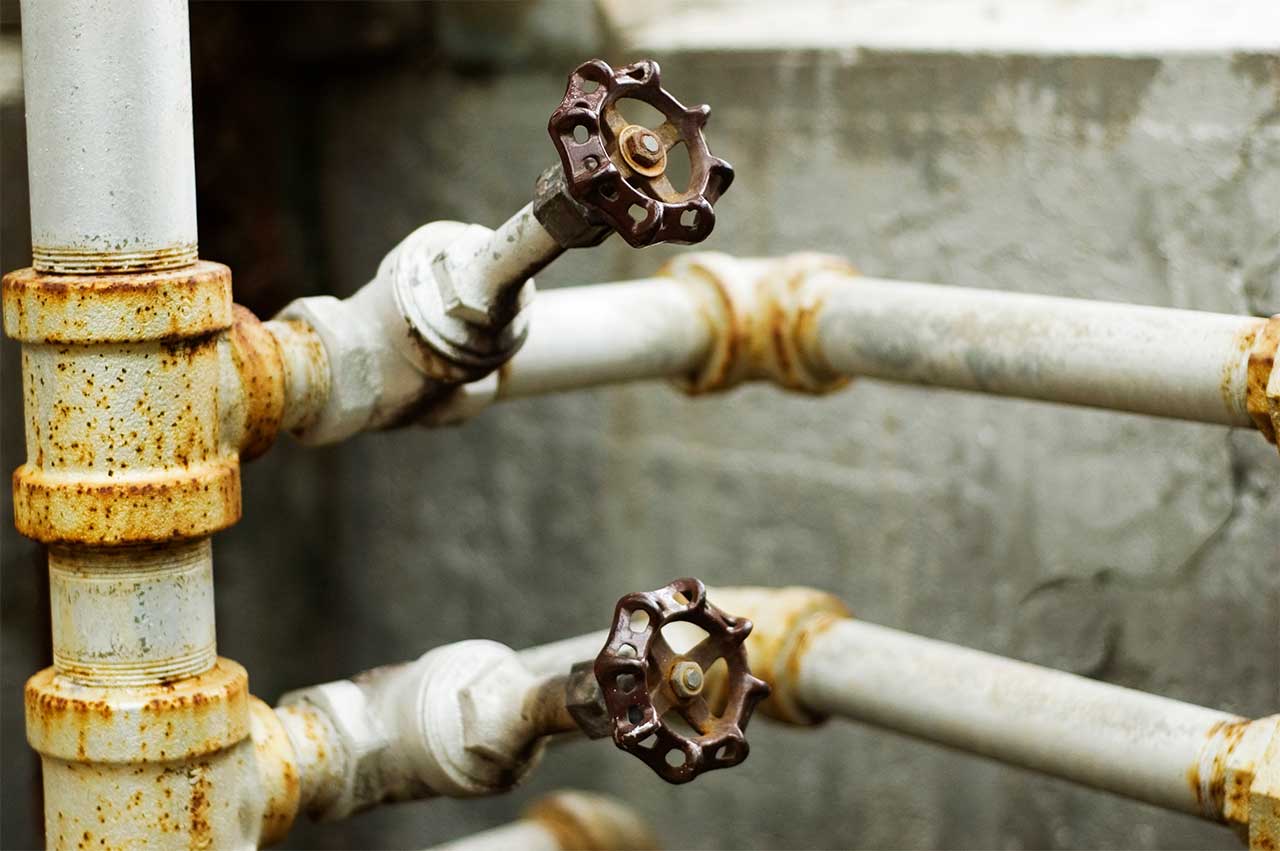Gas leaks can be dangerous and potentially lead to carbon monoxide poisoning, fires and explosions. So, how do you know if you have a gas leak? And what should you do and not do to minimise the danger?
First, let’s look at detection. When there’s a gas leak inside your home, the first thing you may notice is the smell of the gas around your appliances. Gas leaks in appliances are typically caused by poorly fitted, badly maintained or faulty appliances.
The gas may also be affecting how you feel. Symptoms of carbon monoxide poisoning include feeling dizzy or lightheaded, nausea, shortness of breath and chest pain. If you’re feeling any of these, go outside immediately and get some fresh air until they pass.
Gas leaks in the pipes outside your home can be harder to detect. One sign to look out for is a smell of gas that comes and goes. If your gas pipes are located underground, you may have a dead patch of grass or plants near the leak. Or if it has rained and there are puddles outside, you might see bubbles on their surface.
Once you’ve decided there could be a gas leak, you should act fast.
The first thing to do is to turn off the gas at the meter. You’ll find this in a metal box on the side wall of your home or under a domed plastic cover in your front garden. Turn the gas handle 90 degrees, so that it’s at right angles to the pipe. If your home uses LPG gas instead of piped natural gas, go outside and find the cylinder. Close the valve by turning it clockwise.
Next, go back inside and make sure that your gas appliances are all turned off. For any older style gas heaters and ovens, you will also need to extinguish the pilot light. There should be instructions on the appliance for where to find this valve. If you have any candles, oil burners or naked flames burning, blow these out. Open as many windows and doors as possible, take your phone and go outside.
These are the things you shouldn’t do if you suspect a gas leak…
- Do not turn light switches or electrical appliances on or off, as they could spark and ignite the gas
- Do not use fans to disperse the gas, as they could also spark and ignite the gas
- Do not smoke or light matches
- Do not stay inside your home unnecessarily.
Once outside your home, you should immediately phone a licensed gas plumber, such as Mott Plumbing (08) 8462 9844.




